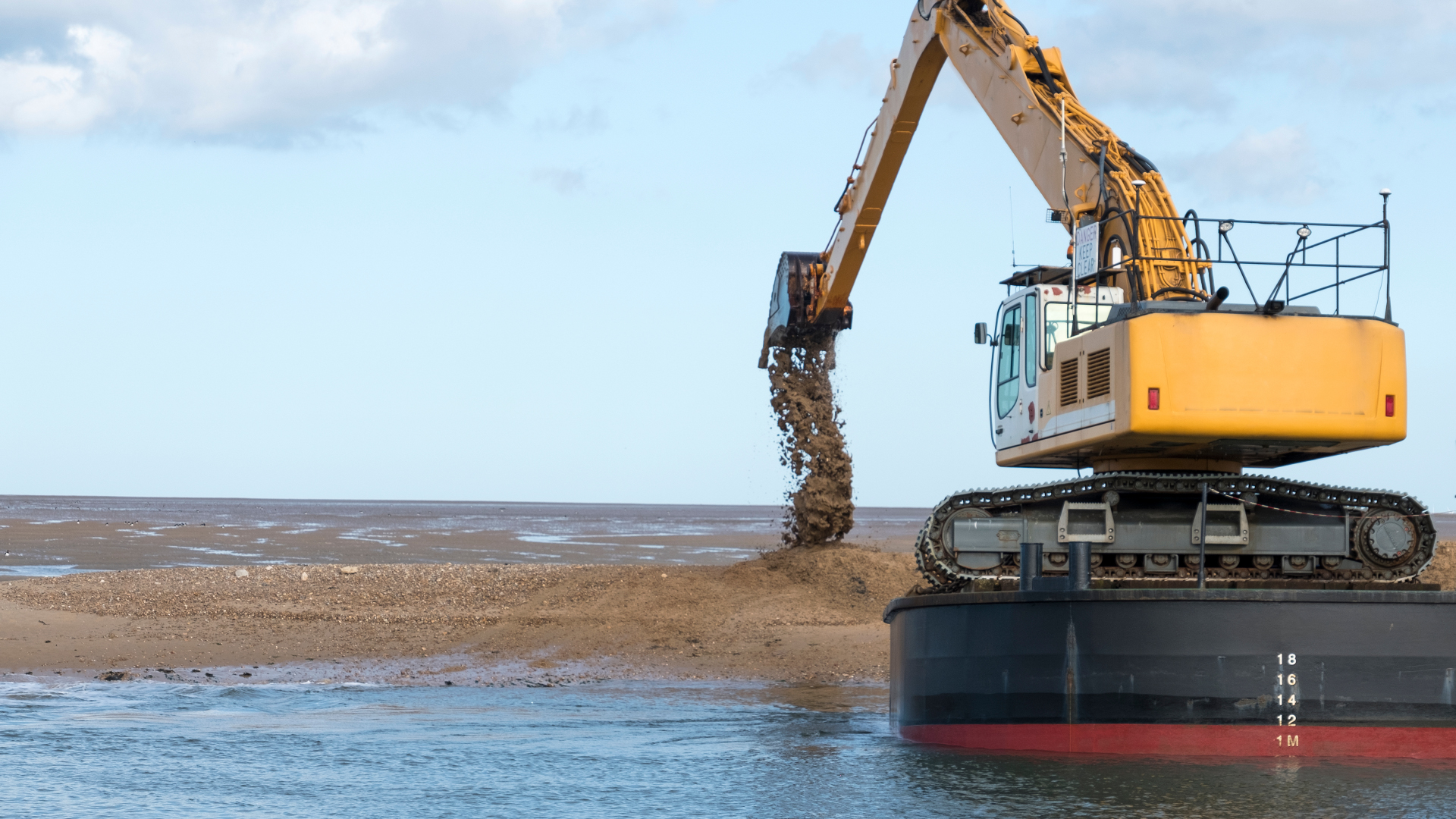Introduction
Yusril Ihza Mahendra, the founder of the Crescent Star Party (PBB), has voiced his support for President Joko Widodo’s recent decision to lift the ban on Indonesia’s sea sand exports. Yusril, who previously served as the Minister of Law and Human Rights and State Secretary, suggested that once Indonesia’s domestic demand for sea sand is met, the surplus could be sold internationally, addressing global needs for this vital resource.
“Singapore is one of the countries with a significant demand for sea sand,” Yusril said in an interview with Tempo on Thursday, September 26, 2024.
Beyond his political and legal career, Yusril is an active entrepreneur and the owner of PT Gajamina Sakti Nusantara, a company established in June 2023. Gajamina is one of the businesses that have applied for a permit from the Ministry of Maritime Affairs and Fisheries to engage in sea sand mining.
According to Yusril, businesses looking to operate in marine sediment dredging must either form a new company or adjust the business classification of an existing one to align with sediment removal activities. Yusril chose to establish a new entity, positioning PT Gajamina for entry into this burgeoning sector.
Singapore’s Growing Interest in Indonesian Sea Sand
As reported by Tempo Magazine, the Ministry of Maritime Affairs has reviewed and evaluated 66 companies that have applied for permits to mine and export sea sand. Companies seeking permits are required to list their dredging partners and sea sand extraction operators, along with potential buyers. Notably, many of these buyers are based in Singapore, although a significant portion of the market still consists of domestic companies.
Indonesian Sea Sand Prices and Quality
Herry Tousa, Chairman of the Indonesian Riau Islands Sea Sand Entrepreneurs Association, shared that Indonesian sea sand, particularly from the Riau Islands, is priced between S$20-24 per cubic meter when sold to Singapore. This is higher than the price of sea sand from Johor, Malaysia, which sells for S$14-16 per cubic meter.
“Johor’s proximity to Singapore makes its sand more affordable,” Herry explained. However, he emphasized that despite the price difference, the superior quality of Indonesian sea sand continues to drive demand from Singapore.
Indonesia’s Role as a Key Sea Sand Supplier
Indonesia was once the largest supplier of sea sand to Singapore until the export moratorium was enacted in 2004. The Riau Islands, known for their high-quality sea sand, were the primary source of this valuable resource.
Singapore remains a significant market for sea sand, which is essential for both construction and land reclamation projects. The island nation, often referred to as the “city of islands,” has a continual need for sand, not only for infrastructure development but also for expanding its landmass.
Sea Sand for Land Reclamation and Construction
The demand for sea sand in Singapore is driven by the country’s commitment to land expansion and infrastructure growth. Sand plays a critical role in beach reclamation projects and building construction materials. The nation’s slogan, “More Land, More Homes, More Greenery,” reflects Singapore’s ongoing efforts to expand its territory and create sustainable urban spaces.
Why Singapore Prefers Indonesian Sea Sand
Singapore’s preference for Indonesian sea sand, despite its higher price compared to Johor, lies in its quality. The sand from the Riau Islands is renowned for its superior texture and suitability for reclamation and construction purposes. The reopening of sea sand exports could see Indonesia reclaim its position as Singapore’s primary supplier.
Conclusion: A Promising Market for Indonesian Sea Sand Exports
With the reopening of sea sand exports, Indonesia is poised to tap into the growing demand for this resource, particularly from Singapore. As sea sand continues to be a crucial material for land reclamation and construction, Indonesia’s high-quality sea sand, particularly from the Riau Islands, is expected to attract significant interest from global buyers.
By addressing both domestic needs and international demand, Indonesia’s sea sand export industry has the potential to become a key economic driver, with Singapore emerging as a major buyer in this lucrative market.
